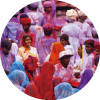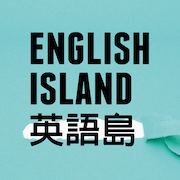
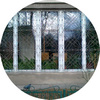





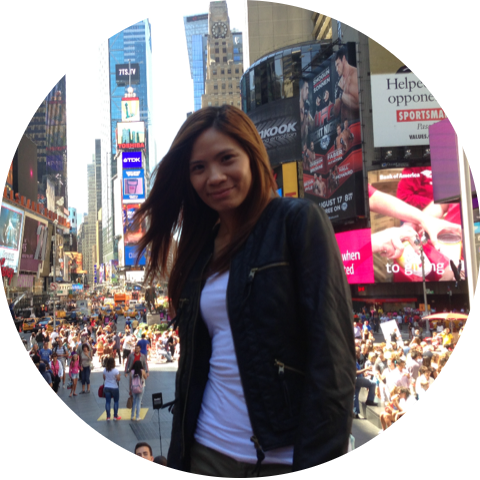



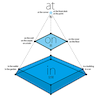
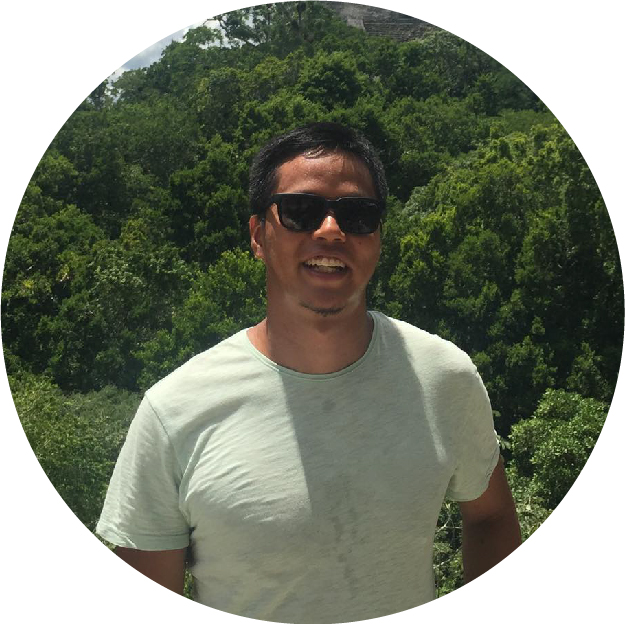

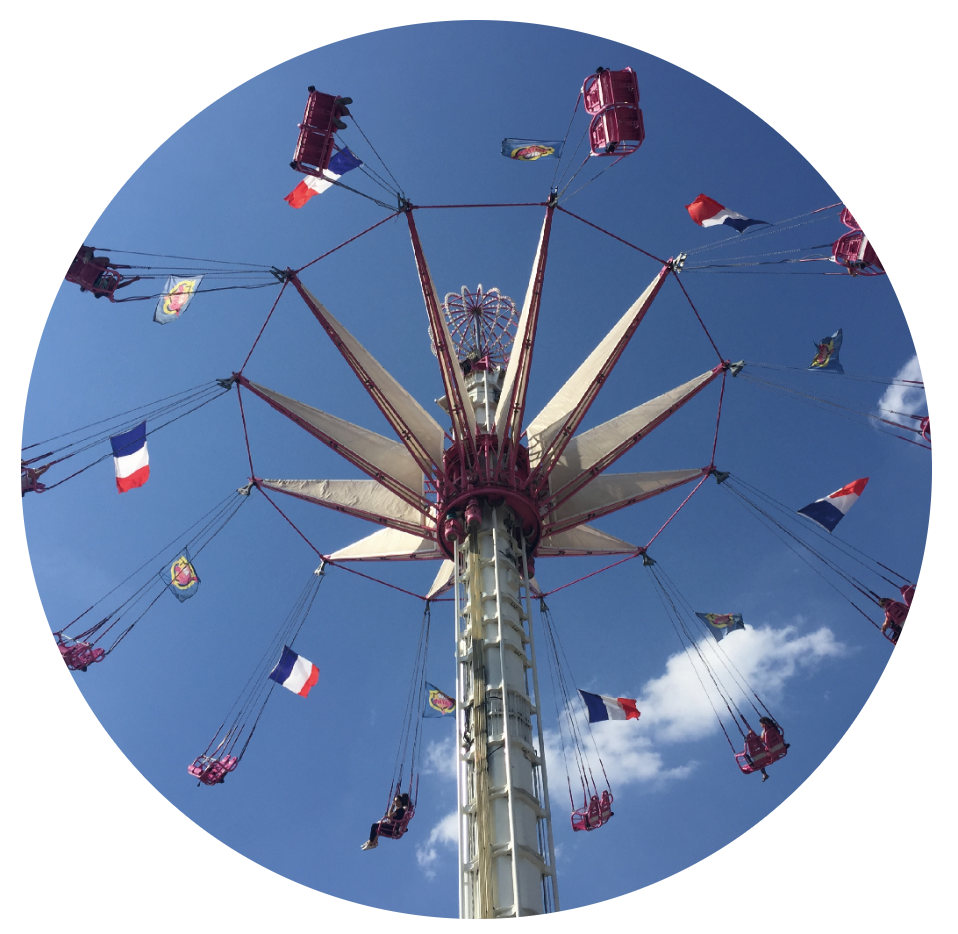




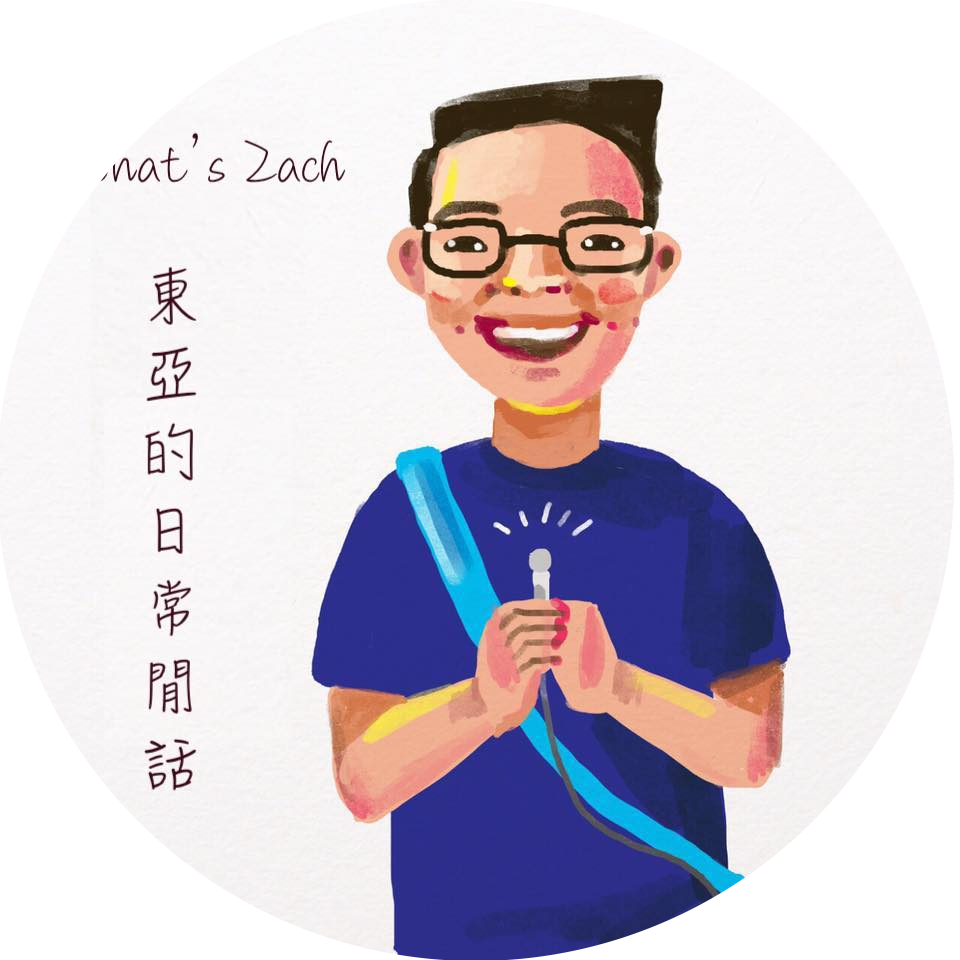



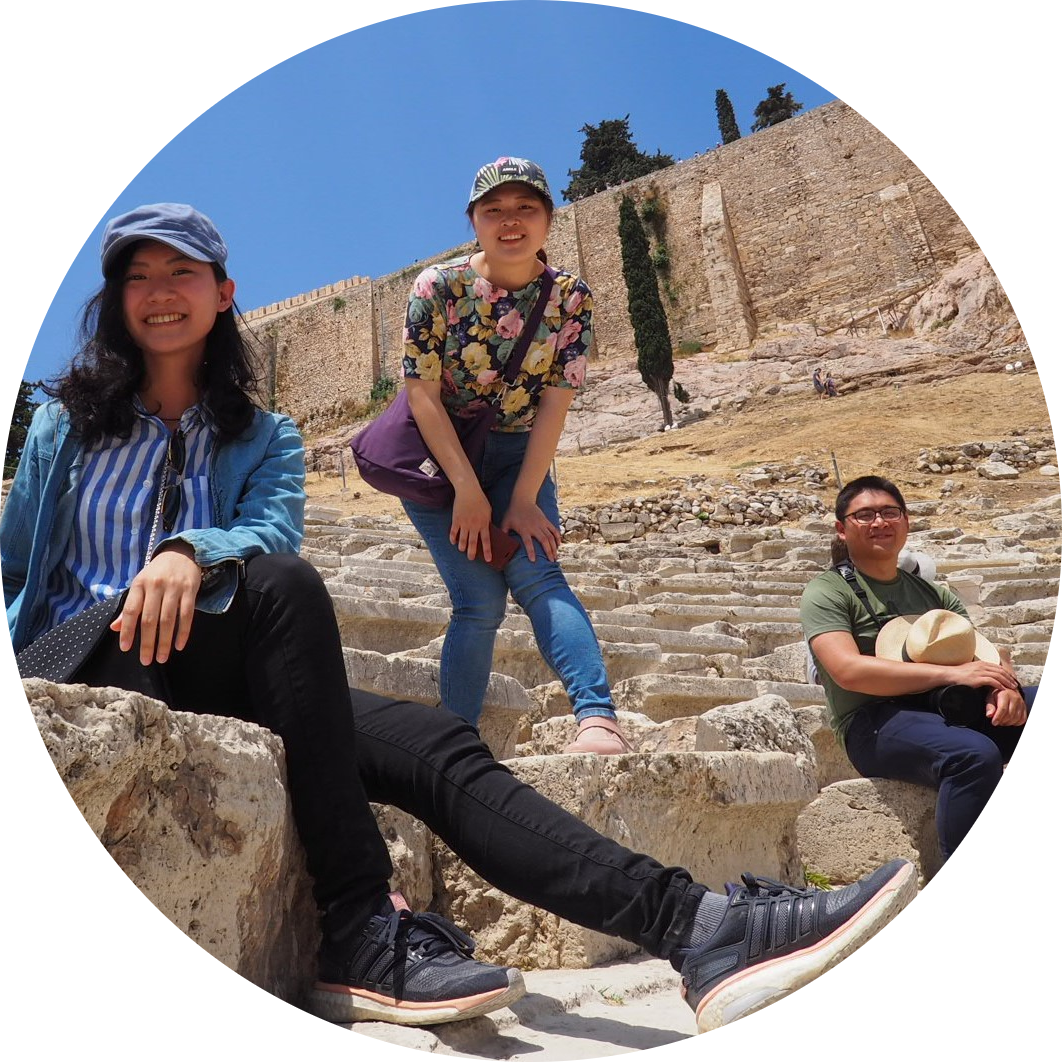



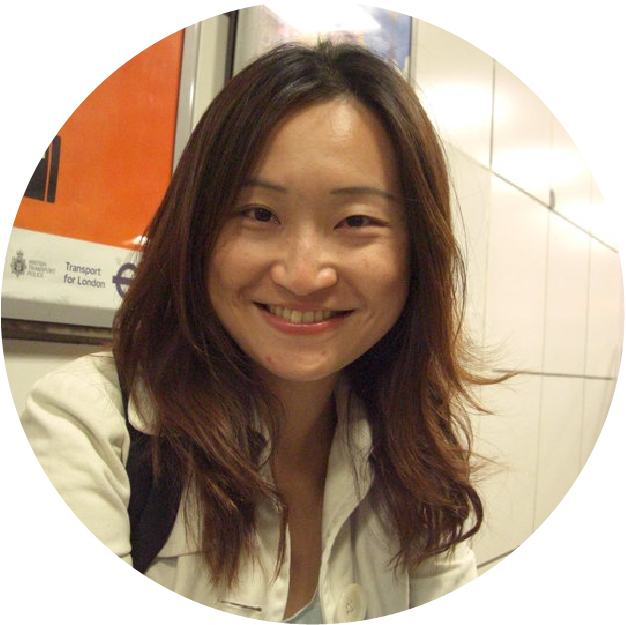





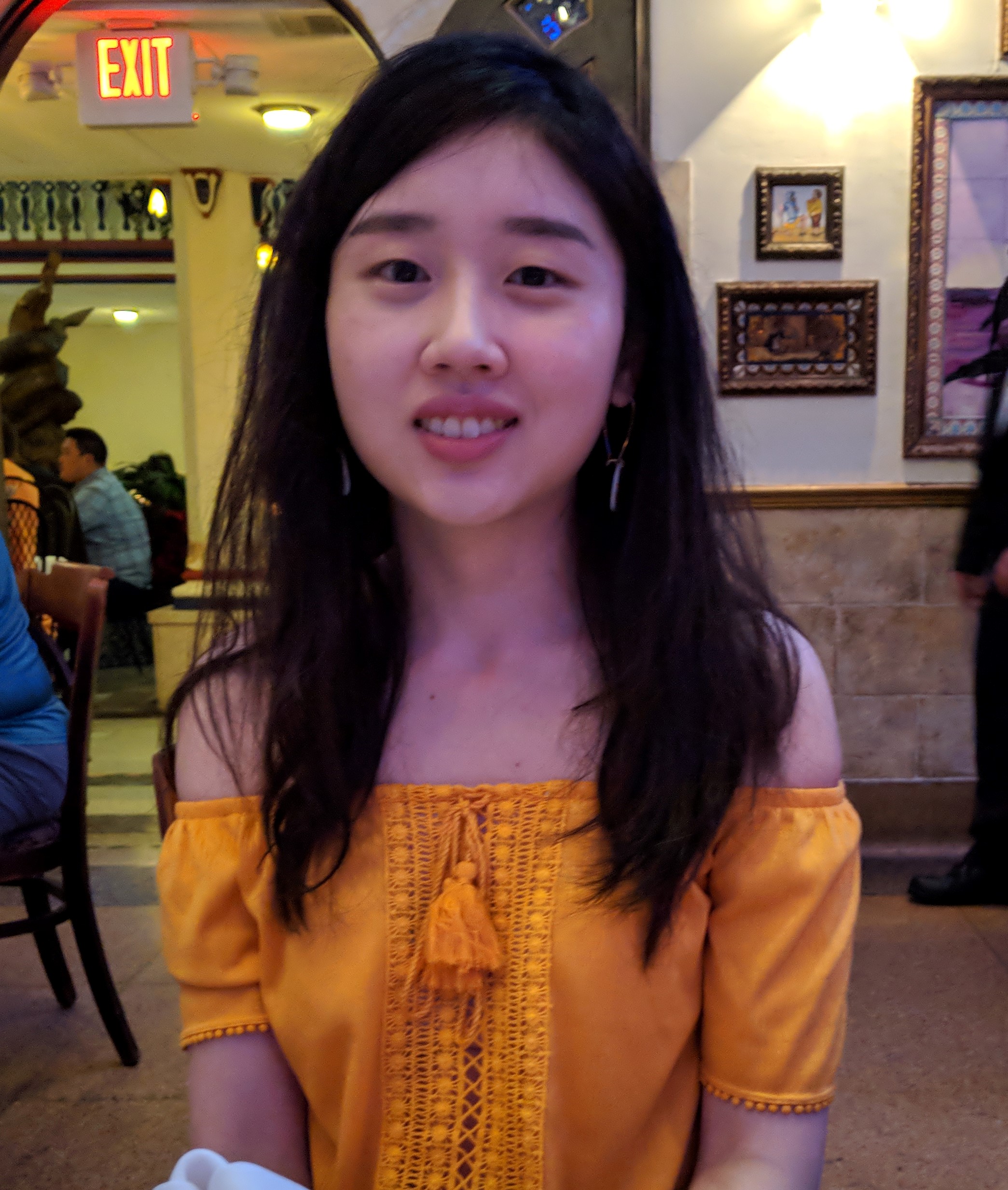
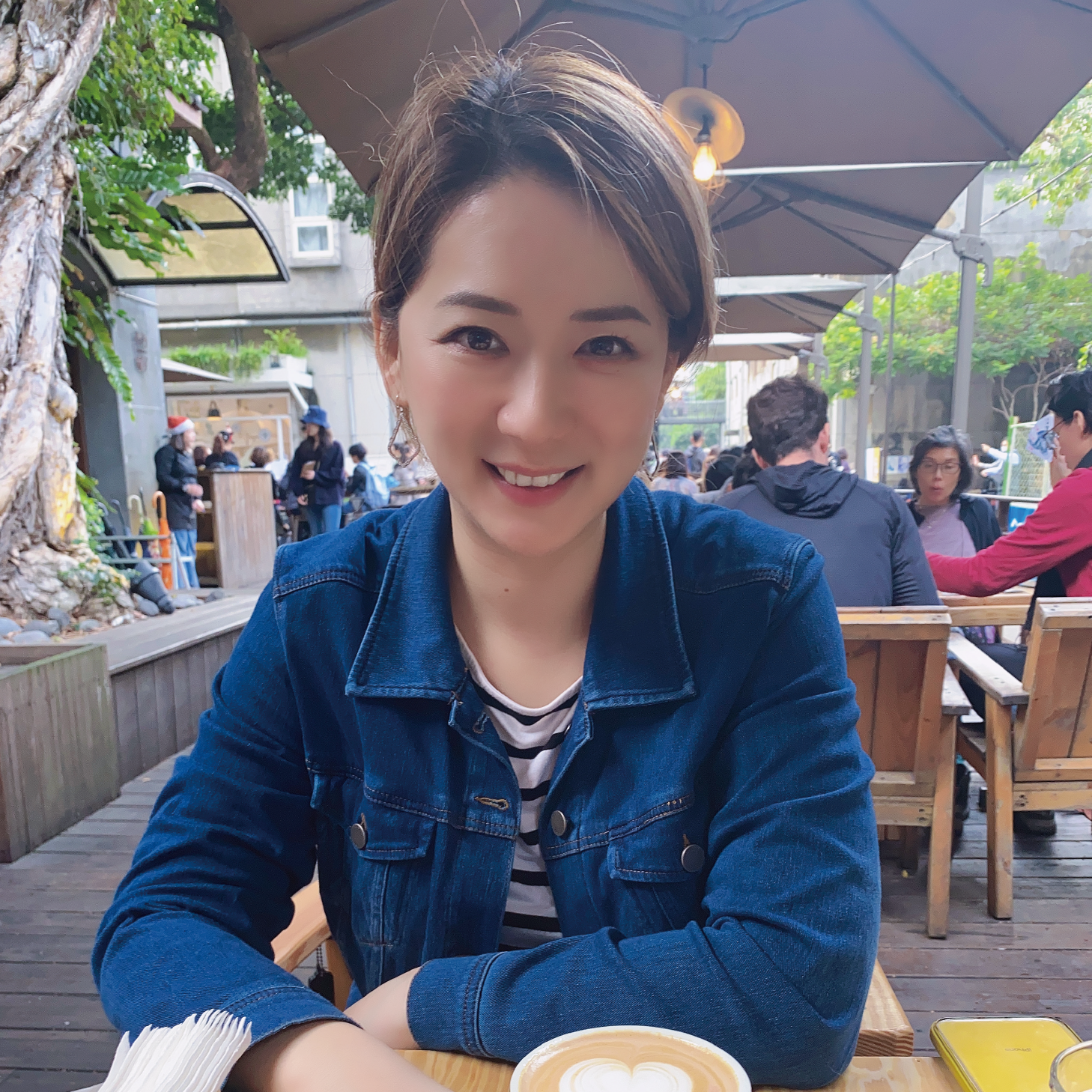

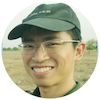
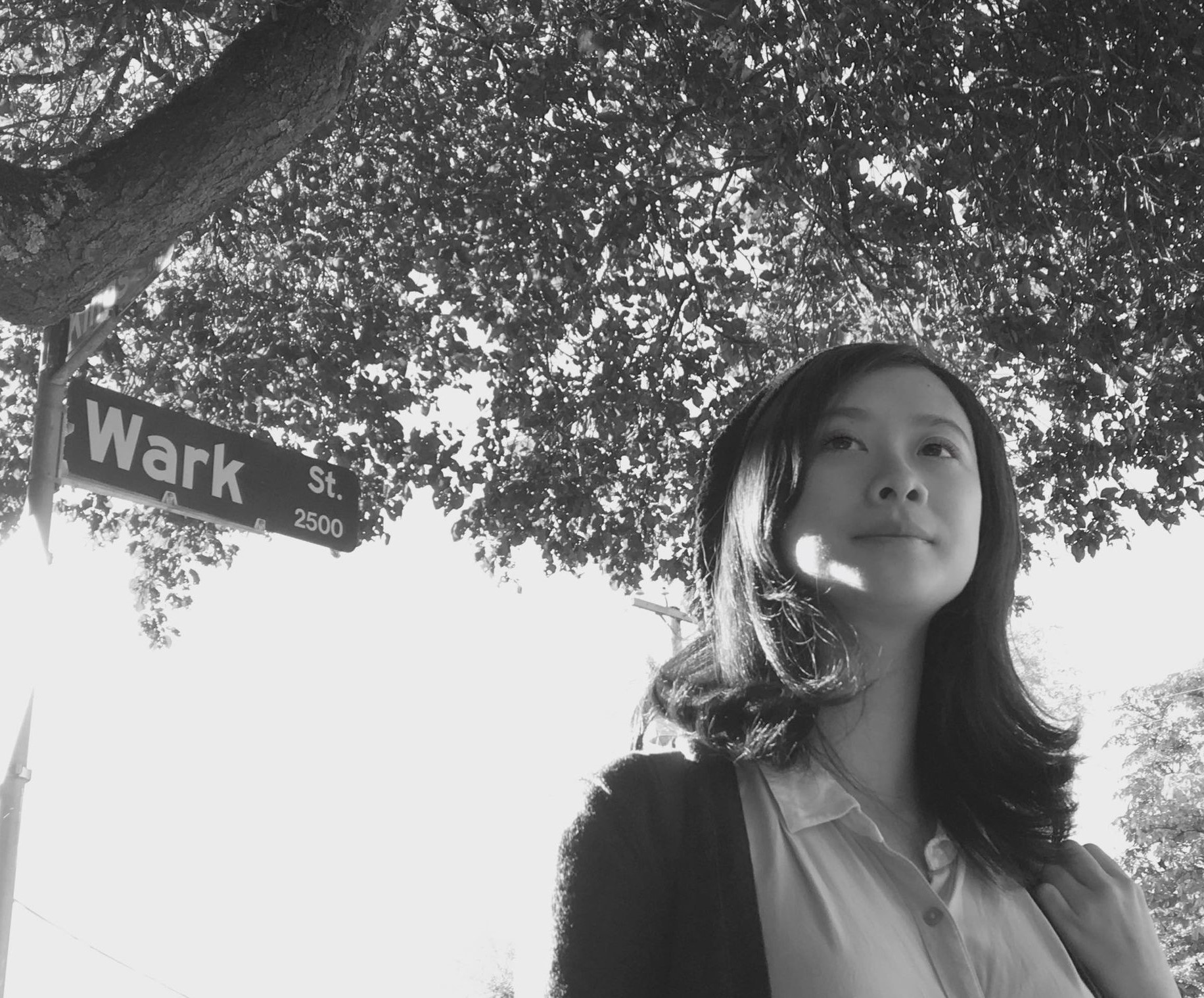
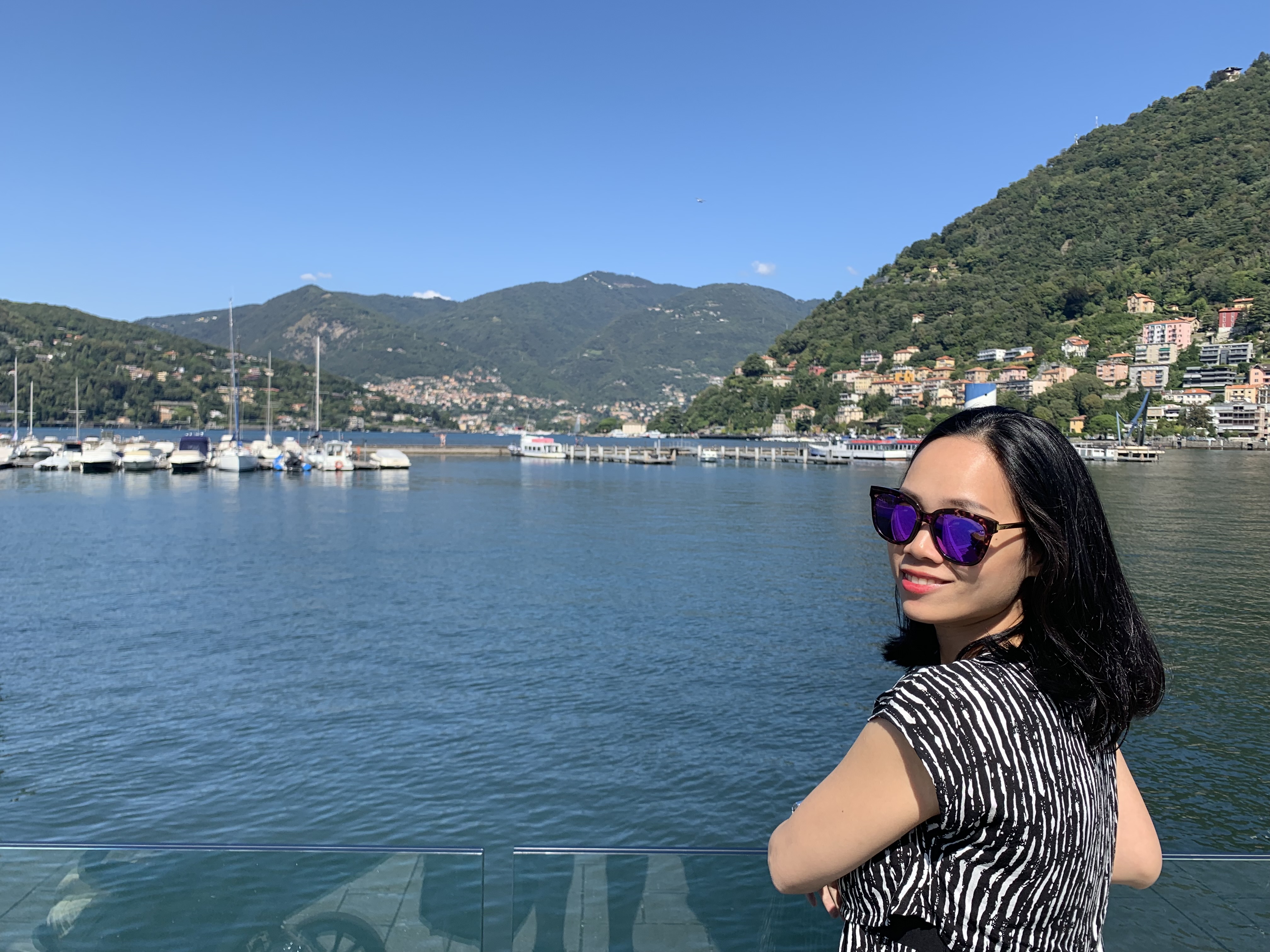



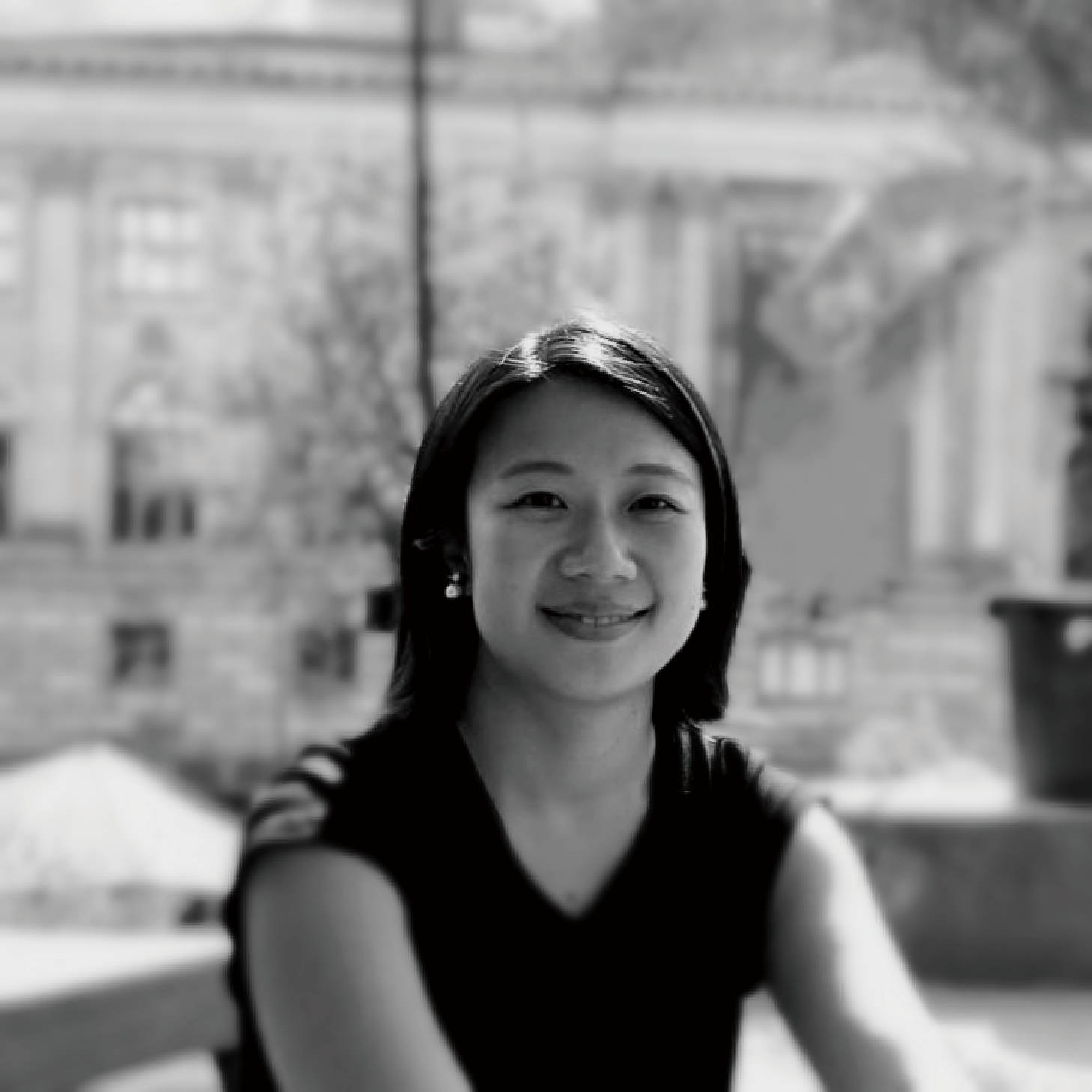







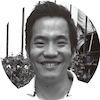






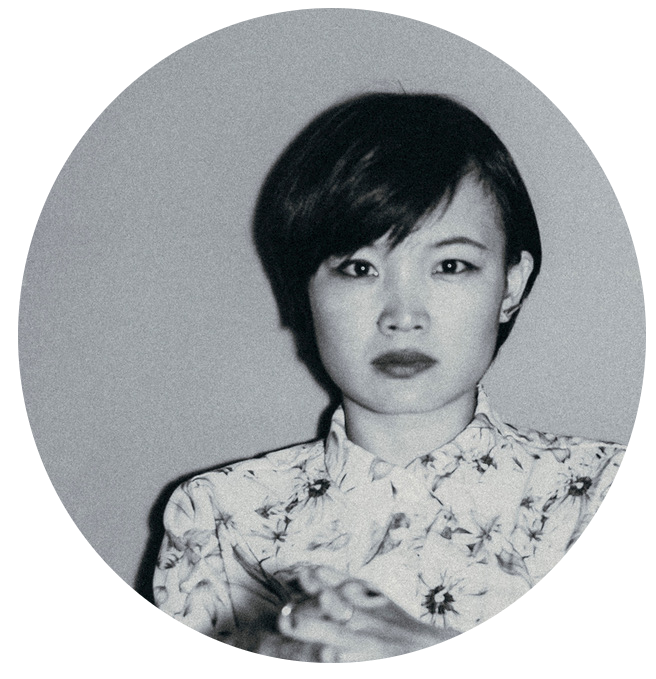



Standing by the Berlin Wall
英國人William 很幽默,他說英國人最好的教室是監獄,他哥哥到柏林5年不曾入獄,因此還沒融入;他說東西柏林像諾亞方舟,動物園、博物館、歌劇院,所有的東西都要雙雙對對。讀他的每句話,幾乎都會被逗樂,然而一面風趣,他一面談起上個月倒塌25周年的柏林圍牆,和村上春樹,「世界末日與冷酷異境」,好像就在你眼前連結起來…
Around half a year ago, I gathered together my worldly possessions (one suitcase and one violin) and moved to Berlin. Formerly, I had been a desk monkey in London. But the bananas, figuratively speaking, had turned bad. I needed a change of terrain. Berlin seemed to offer the cultural and social advantages of a capital city without the accompanying price tag.
There were no obstacles to my departure, though the prospect of leaving friends and family was unwelcome. A decade ago, I had spent two weeks in Paris, alone, in the delirious society of pigeons and inanimate objects. In
Berlin, however, I planned to spare myself a similar experience. My brother, a scientist with strange, mathematical notions about the brain, had been a Berlin resident for five years and was as naturalized as an Englishman could get; that is to say not at all. The English assimilate only under duress. My grandfather, for example, acquired German, along with a glorious wound, during the war. My brother, for lack of POW camps, could not pass for a native, but had acquired some habits that distinguished him from his compatriots at home. He waited, for instance, at pedestrian traffic lights on empty streets, opened beer bottles with any implement at hand, and dealt with the authorities by post with noble speed.
When I arrived, spring was doing shifts with summer. Swimmers graced the tree wreathed lakes on the city's periphery. I bought an old bike and a grammar book, abusing the former and neglecting the latter. Immediately, I felt better about life. There's a certain type of Englishman that is best suited for exile. Formerly, his departure resulted in the British Empire and a colourful literary
tradition: Kipling, Orwell and Burgess. Now that the empire is gone and books are old fashioned, his leave of absence is a personal rather a national triumph.
“Berlin, I find, is a stimulating place to live not because of its beauty, which is in somewhat short supply, but because of its palpable history.”
The fiasco of the Weimar Republic, the rise of the Third Reich, the destruction of the Second World War and the division wrought by communism, are all plainly visible at street level. The most impressive historical monument is, however, the wall. Erected in stages from 1961 onwards, it was designed to prevent the drain of East Germans seeking better economic opportunities and political freedom in the West. Berlin was transformed into two radically opposed cities. Though the wall is long gone, these two cities have yet to fully meet.
“As on Noah's ark, everything in Berlin comes in pairs.”
There are two zoos, two opera houses and two museums of every conceivable variety. Previously, each half of the city had tried to outdo the cultural achievements of the other. The result is a cultural scene of dual vitality. But differences trump common ground. Trams run in East Berlin, while the metro covers the West. You can instantly tell on which side of the wall you are standing by looking at the traffic lights. The little green man in the east wears a hat. There is also, of course, a one-sided abundance of Stalinist architecture, which matchesbad taste and the grandiose with unfailing consistency. The people, too, are noticeably different. East Berliners are far more disposed to bath publicly in the nude than their western counterparts, a fact that I discovered to my alarm on a trip to an eastern lake.
West Berliners are marginally more generous. I know this from busking with my violin in both parts of the city.
東德人到西德,乘床墊渡河、滑鋼索、輕型飛機樣樣來
But despite the charming differences that divide the two Berlins, it is the wall itself that fascinates me the most. There were, in fact, two walls. In between lay a strip of land approximately ten meters wide. 116 watchtowers and 20 bunkers dotted its perimeter, complimented by a regular assault course of barbed wire and Czech hedgehogs. This last decoration sounds endearing, but is actually an effective anti-tank defense, installed to prevent cars from ramming through to the opposite side. According to some estimates around 200 people died attempting to cross into West Berlin. What is more outstanding is that, even with such comprehensive measures in place, 5000 succeeded. Many of these escapes were conducted with a daring and flourish worthy of Hollywood. My greatest admiration is reserved for the heroic Bethke brothers, who all crossed the wall in grand style: the ‑rst with an air-mattress across a river section, the second with a zip-line and the third by a light air craft that, piloted by the two aforementioned brothers, touched down in the east to pick him up!
「世界末日與冷酷異境」
When I walk along the remaining sections of the wall, however, I can't help but think of Haruki Murakami's early novel "Hard-boiled Wonderland and the End of the World." In the book, which is one of Murakami's finest, two worlds unfold in consecutive chapters. The protagonist of the first world becomes engaged in an increasingly surreal search for an abducted professor, while that of the second finds himself separated from his shadow in a strange, near deserted settlement, encompassed by an impenetrable wall. We soon realise that the two worlds represent the conscious and subconscious of the protagonist's own mind. As the plot gains pace and the connections between the alternate worlds proliferate, the stories seem destined to converge. The date of my writing, the 9th of November, marks the 25th anniversary of the fall of the Berlin wall, the day on which two worlds really did converge. It was no surprise for me to learn, therefore, that in this same week Haruki Murakami was awarded the German Welt prize for literature. In his acceptance speech, Murakami explained that it is the role of the writer to break through walls, whether they are psychological or material. Regardless of whether the novel can still succeed where politics fails, the lasting impression that a great work of fiction prints on the mind of its reader is undeniable. When I stand on a deserted corner of the Berlin wall, I feel as if I were inhabiting the lucid dream of "Hard-boiled Wonderland" and can't but help turn around to check my shadow. ■
本文收錄於英語島English Island 2014年12月號
訂閱雜誌
| 加入Line好友 |  |
 -- 作者:William Blythe
-- 作者:William BlytheWhen younger, I was under the false but not altogether unpleasant impression that I was different. Naturally, it was also vital that I should study something extraordinary at university. Back then, China was not the celebrity of the front pages that it is now, and Mandarin was studied mainly by eccentrics. I was, or so I thought, more than qualified for the task.
Much of the next ten years I spent studying and working abroad; first in France, then China, followed by Taiwan and Germany. Having tried for so long to be different, as a foreigner, I had to do my best to be the opposite. There was some sadness in this. My ego and a few old friends were offended. But living in different culture is, I've found, more interesting than trying to be different.

 擔心生理健康,心理卻出問題?
擔心生理健康,心理卻出問題?


